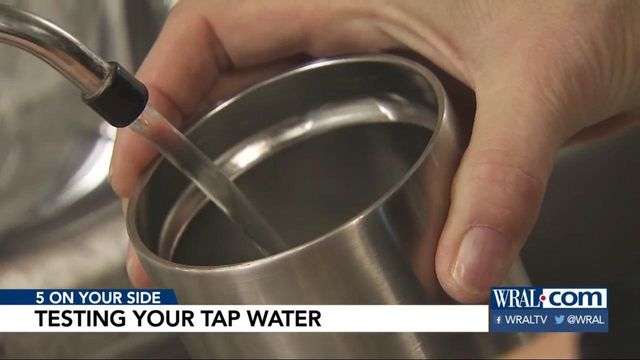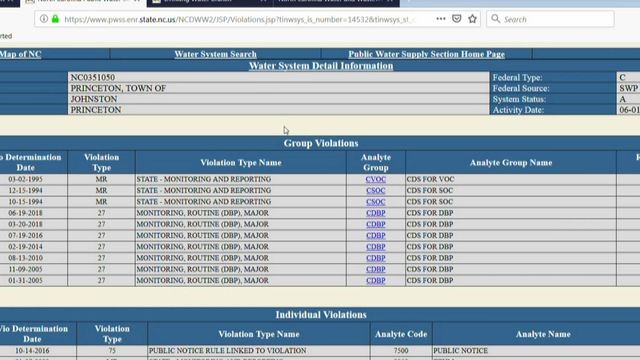What's in your water? Here's how to see if it's safe
According to EPA data, most municipal water in the United States appears to be safe to drink, free of harmful contaminants. But how can you be sure the water passing through your pipes and into your tap is safe?
Posted — UpdatedMost people just expect the water from their tap to come out clear and clean.
contaminants. But how can you be sure the water passing through your pipes and into your tap is safe?
“Finding out if your water is safe enough to drink can take some time, effort and money. But it’s definitely worth doing,” says Perry Santanachote of Consumer Reports.
If you’re on a non-community public water system or use a private well, you won’t get a CCR.
You should also get your water tested if your home was built before 1986, when lead-free pipes were mandated.
If tests show contaminants, it’s time to get the right filter to clean it up.
“For multiple or high levels of contaminants, a reverse osmosis system is recommended," said Santanachote. "If your main concern is improving taste and odor, the filters that are used in pitchers are actually really affordable and work great. Some can even handle more serious contaminants like lead.”
In Consumer Reports’ testing, only one pitcher-style filter rated excellent: the PUR Ultimate with Lead Reduction.
No matter which filters you choose, make sure they meet standards set by NSF International and the American National Standards Institute for removing the contaminants you’re concerned about, and that's certified by an independent lab.
• Credits
Copyright 2024 by Capitol Broadcasting Company. All rights reserved. This material may not be published, broadcast, rewritten or redistributed.






